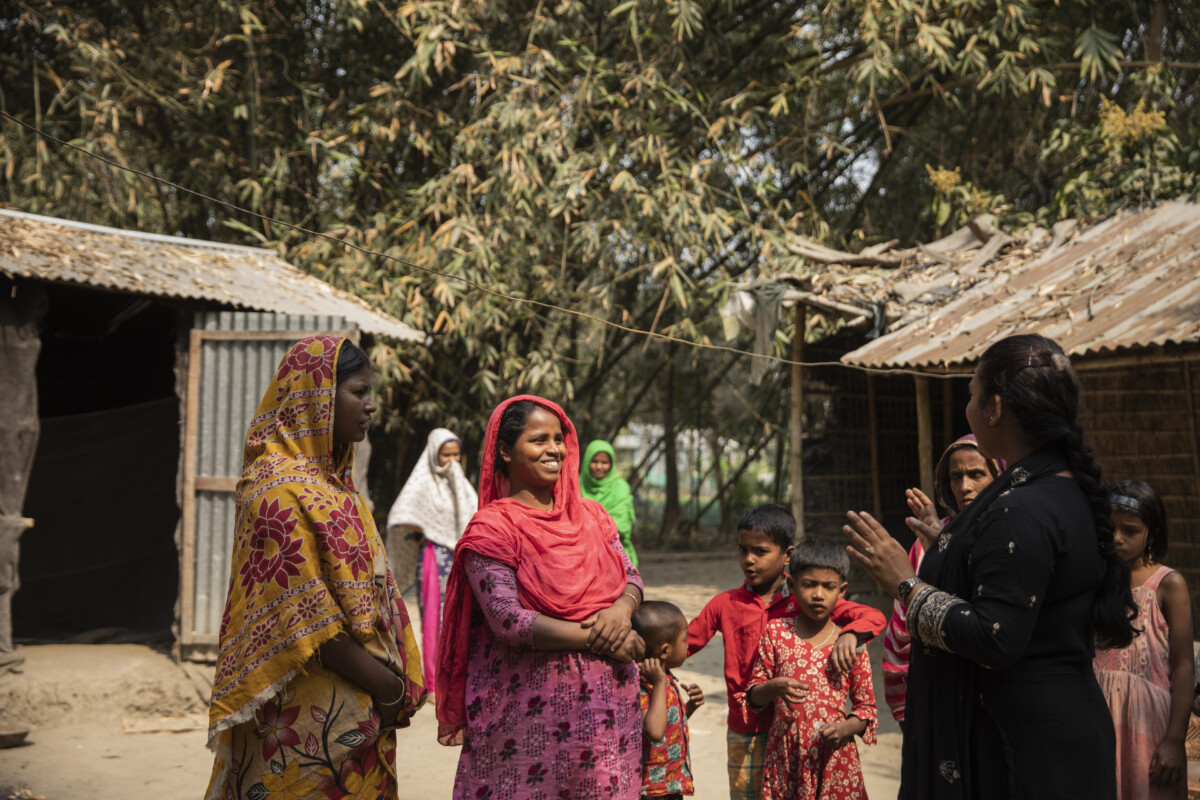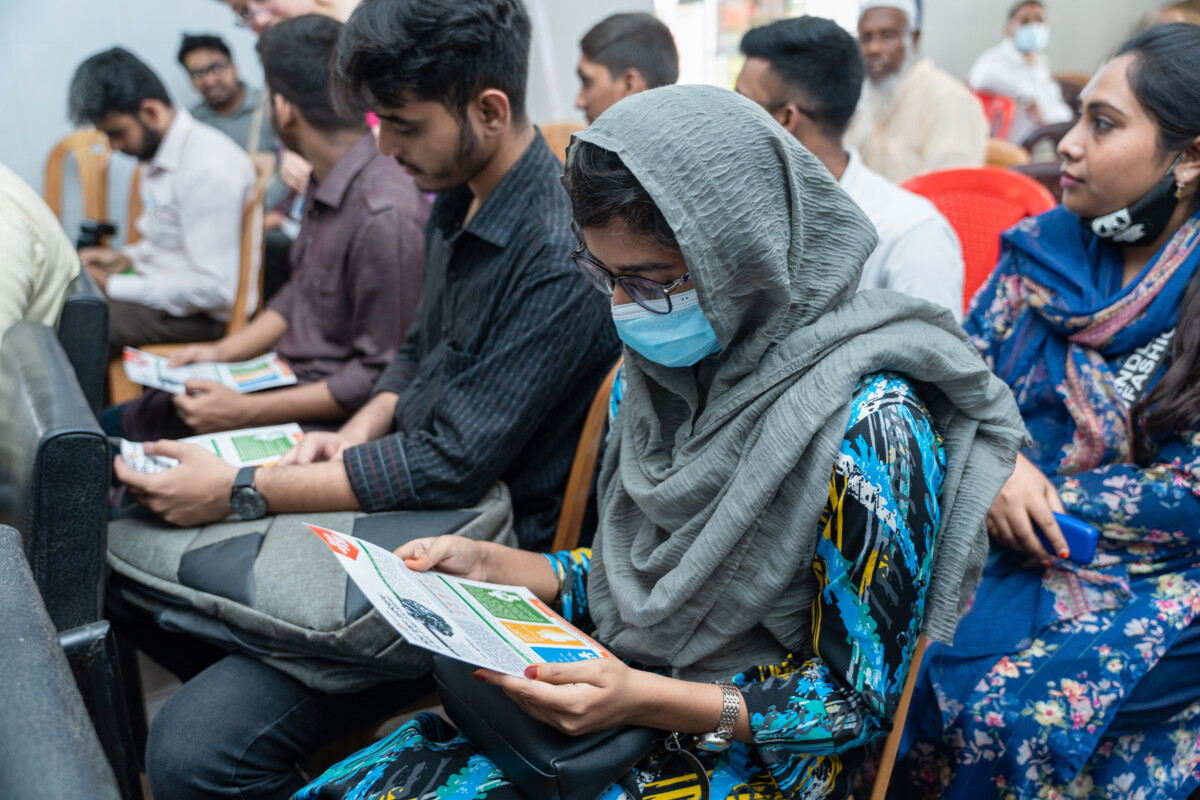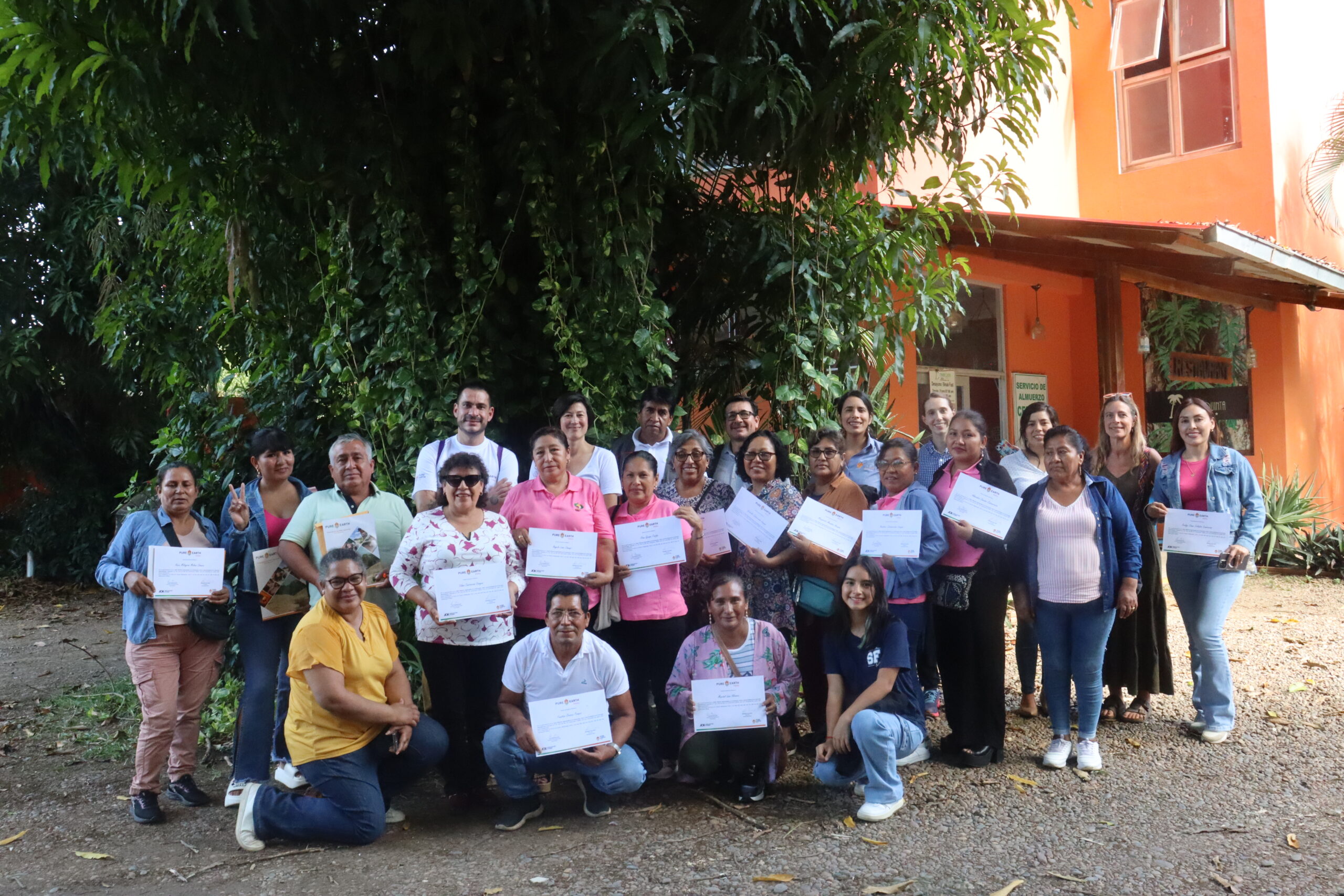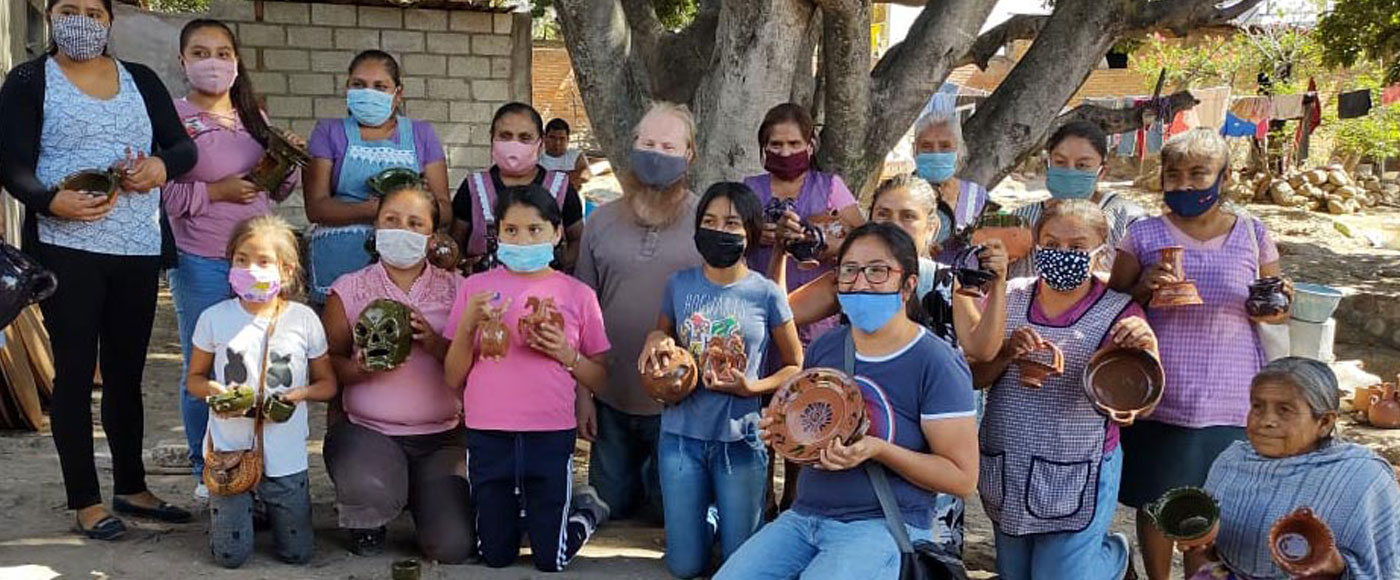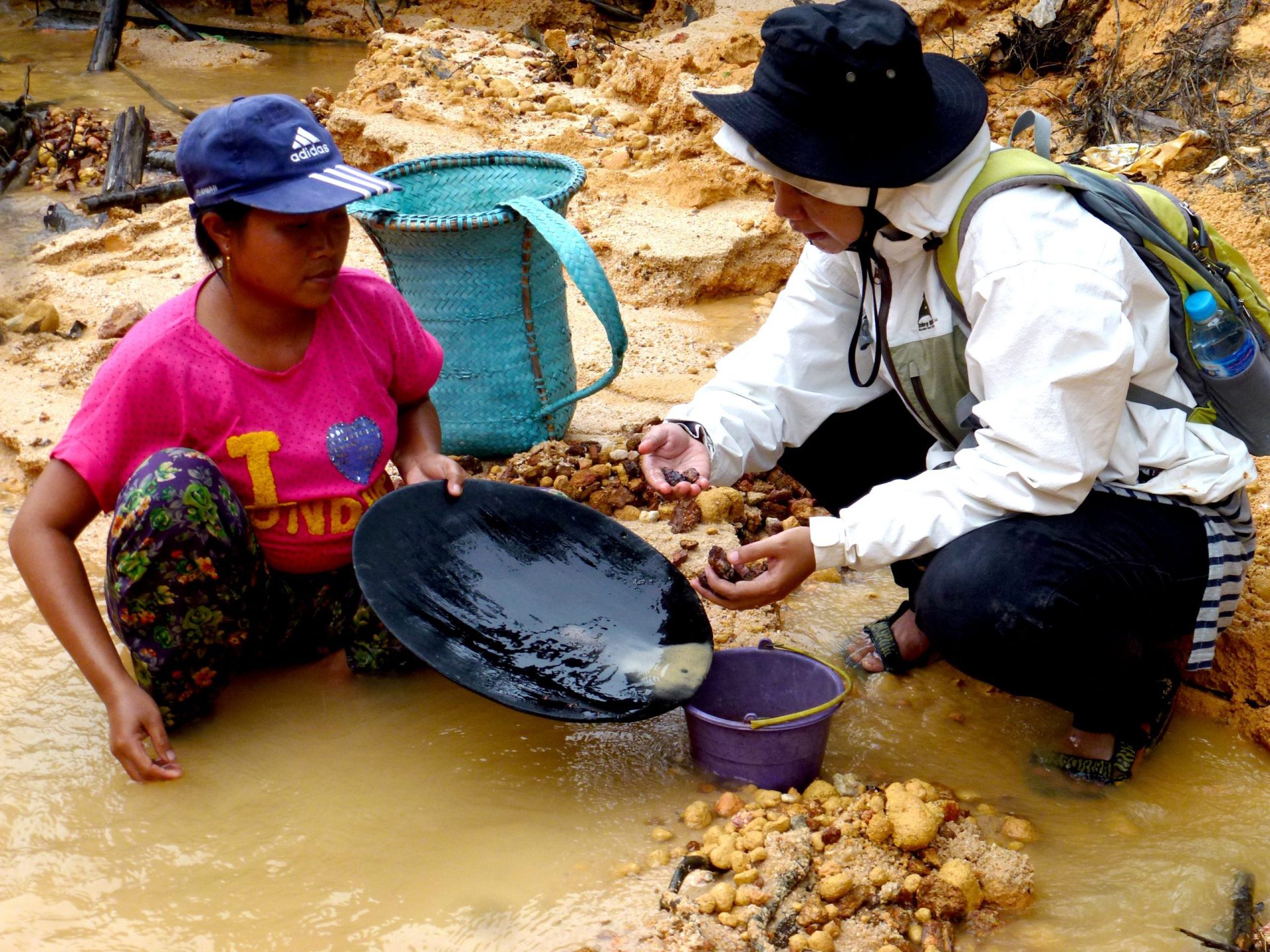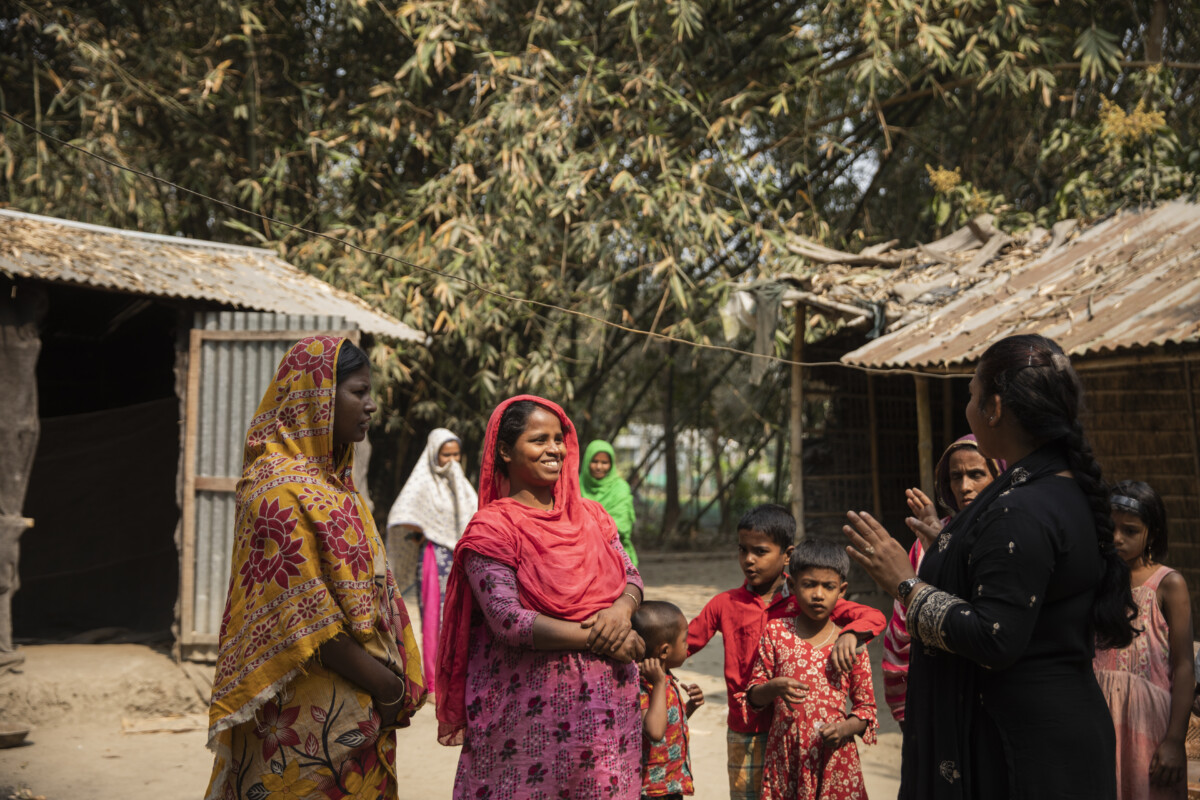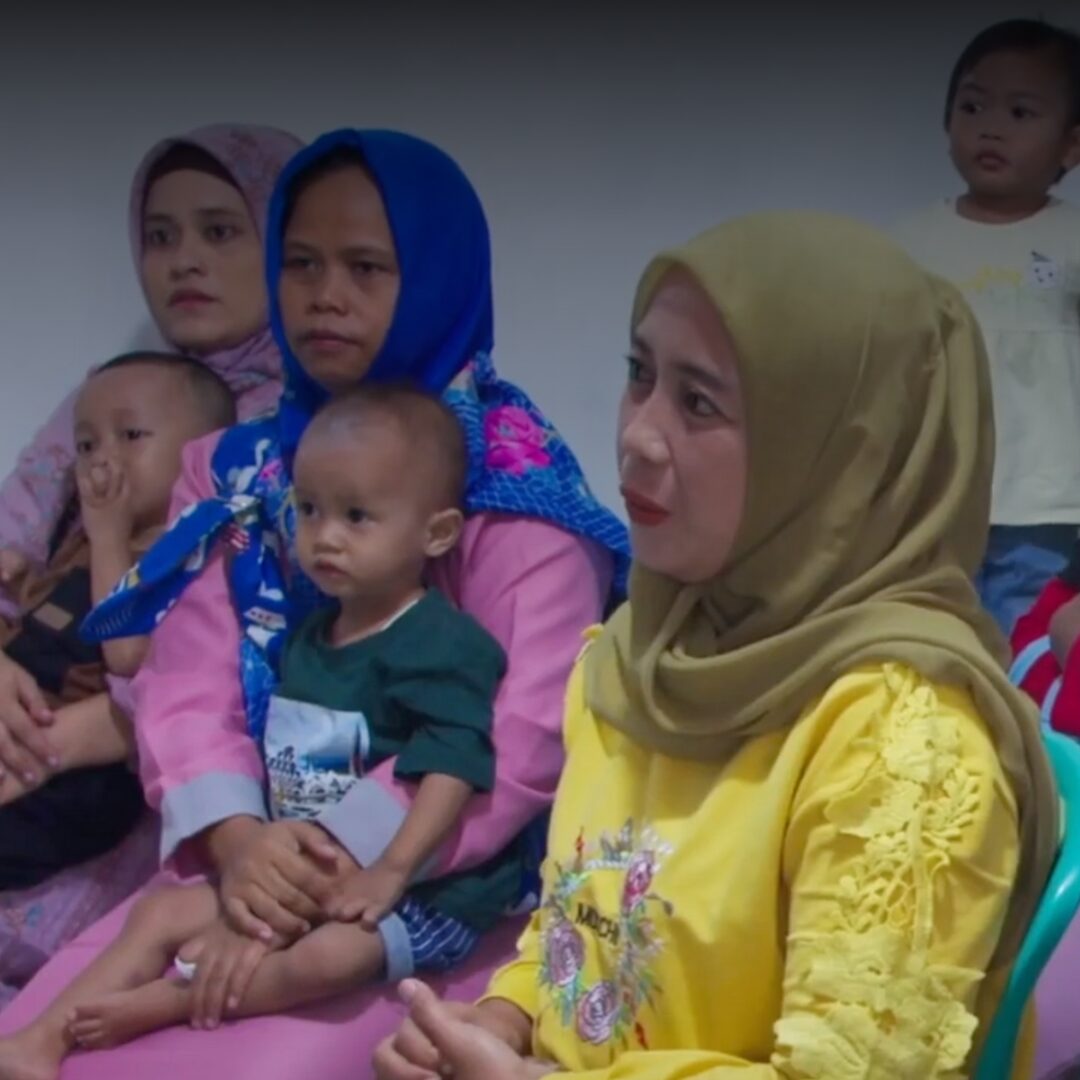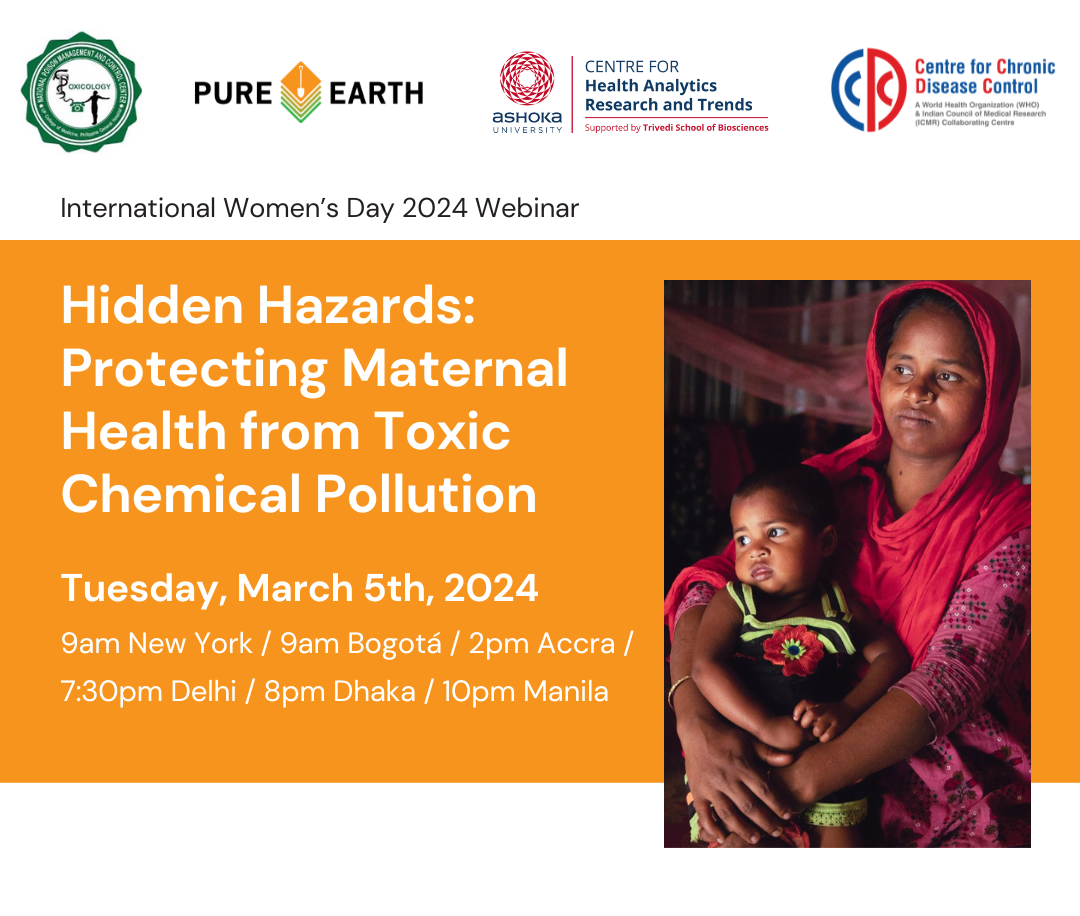About the Women’s Environmental Health Initiative
Pollution is a women’s health issue. Toxic pollution poses a unique threat to women’s health because of the reproductive impacts and likelihood of exposure to various toxic substances at the workplace and at home. Exposures to dangerous chemicals have a multigenerational impact on women and families.
Pollution has a different impact on women because of traditional gender roles, societal restrictions, a lack of opportunities, and poverty. Our research in the Lancet Planetary Health found that in 2019, 3.92 million women died from pollution. An estimated 350,000 women died from lead pollution alone.
Through the Women’s Environmental Health Initiative (WEHI), Pure Earth prioritizes women’s health through gender-informed programming. Pure Earth includes cohorts of pregnant and breastfeeding women in its health surveillance and is identifying new sources of exposure to lead and mercury and developing risk mitigation strategies specifically for women.
Toxic Exposures and Women’s Health: Emerging Research and Global Solutions
Webinar
In honor of International Women’s Day 2025, Pure Earth hosted a virtual webinar on the critical issue of pollution’s impact on women’s health. Expert panelists included Jaclyn Bowen, Executive Director of The Clean Label Project, Dr. Alejandra Cantoral, Professor at Universidad Iberoamericana, Dr. Laura Geer, Associate Professor at the SUNY Downstate, School of Public Health, and Dr. Kathrin Schilling, Assistant Professor at Columbia University Irving Medical Center of Environmental Health Sciences.
Panelists discussed new research findings including heavy metal contaminants in common menstrual products, a new model for understanding the economic impacts of lead poisoning, new regulations for contaminants in baby food, and dietary and environmental sources of lead exposure for women in Mexico.
Watch the full webinar to learn more:
Gender-Informed Programs to Address Environmental Health
At Pure Earth, we aim for equal participation of women in all our projects. There’s a need for gender-disaggregated data to better identify exposure routes, however this data is scarce or absent. As part of our blood lead level testing protocol(s), Pure Earth always tests a subset of women and pregnant women. Effective gender mainstreaming in the chemicals and waste agenda at national and international levels should require countries, international, scientific and civil society organizations consistently collect sex-disaggregated data and use this data for informed decision-making and policy to eliminate gender disparity.
Pure Earth directly addresses gender issues in its work by ensuring participation in project activities and project benefits are equitable, and that all community education and project activities involve and enable women, as well as use gender appropriate accessible tools, language, and procedures.
For each project, specific gender objectives are to:
1. Ensure equitable participation of women and men in technical assistance and education/ communication activities;
2. Incorporate gender considerations into baseline data collection and strategy development in designing projects; and
3. Hire and train an inclusive project staff representative of the population served, including languages spoken, gender, and cultural background.
Left: A potter and member of the Circle of Women (Circulo de Mujeres) project, which aims to empower women to create and market lead-free pottery in Mexico.
Watch These Videos
Explore Pure Earth's Impact on Women's Health
Toxic Pollution’s Impact on Women’s Health and Maternal Health
Toxic pollution causes immense harm to humans, especially to women and children, threatening maternal and child health. It can exacerbate other health concerns, trigger illness throughout the lifespan and can impact generations. But women in communities lead in adopting change. When women are included in advocacy, research, and interventions, polluted communities often experience positive, lasting improvement.
Exposures to dangerous chemicals have a multigenerational impact on women, families and entire communities. Toxicants such as lead and mercury can cause damage to fetuses in utero, including birth defects and neurological damage, and result in lower IQs. These chemicals can also be transmitted to infants via breast milk. Toxic exposures have been linked to pre-term birth, and infant mortality. New research has shown that exposure to toxic pollution in utero can also impact the future reproductive and genetic health of a developing fetus.
Learn More: Women’s Environmental Health Resources
Pure Earth Fact Sheets and Case Studies
- Fact Sheet: Reducing the Threat of Toxic Pollution to Women and Girls in Low- and Middle-Income Countries
- Why Women Hold The Key To Fighting Pollution
- Women and the Fight Against Pollution
- Mexico: Success Stories from the Circle of Women
- Indonesia: Meet Our All-Female Team of Pollution Investigators
- Empowering Women Gold Miners in Indonesia
Research
- Heightened susceptibility: A review of how pregnancy and chemical exposures influence maternal health, Varshavksy et al. Reproductive Toxicology, March 2020
- Global estimated pollution-attributable deaths (millions) by type of pollution and sex, The Lancet Planetary Health, 2019
- Exposure to persistent organic pollutants: impact on women’s health, Banrida Wahlang. Reviews on Environmental Health, August 2018
- Mercury Pollution and Artisanal Gold Mining in Alto Cauca, Colombia: Woman’s Perception of Health and Environmental Impacts, Vélez-Torres et al. The Journal of Environment and Development, September 2018
- Women, Health and the Environment, Bonnie Kettel. Women, Medicine, Ethics and the Law, 2017
- Mercury Exposure in pregnancy: a review, Solan et al. Journal of Perinatal Medicine, November 2014
- How Environmental Toxins Harm Women’s Reproductive Health, Cari Nierenberg. LiveScience, September 2013
- Heavy metals (lead, cadmium and mercury) in maternal, cord blood and placenta of healthy women, Al-Saleh et al. International Journal of Hygiene and Environmental Health, March 2011
- Maternal Low-Level Lead Exposure and Fetal Growth, Zhu et al. Environmental Health Perspectives, June 2010
- Grassroots Activism: an Exploration of Women of Color’s Role in the Environmental Justice Movement, Rainey and Johnson. Race, Gender & Class, Vol. 16, No. 3/4, 2009
- Fetal Lead Exposure at Each Stage of Pregnancy as a Predictor of Infant Mental Development, Hu et al. Environmental Health Perspectives, November 2006
- Are Women More Vulnerable to Environmental Pollution?, Maureen Butter. Journal of Human Ecology, November 2006
Pure Earth’s Force of Nature Awards: Highlighting Female Leaders Advocating for Environmental Health
On International Women’s Day and everyday, Pure Earth honors female leaders who are pioneering the fight against pollution, and brings awareness to pollution’s impacts on women and maternal health. Pure Earth’s Force of Nature awards recognize the strength and achievements of our honorees as well as countless women the world over working every day to solve pollution, protect their families and communities, and advocate on behalf of the most vulnerable.
Women's Environmental Health Webinars and Events
Toxic Exposures and Women’s Health: Emerging Research and Global Solutions
March 13, 2025
In honor of International Women’s Day 2025, join us for an enlightening webinar on the critical issue of pollution’s impact on women’s health. Leading researchers from Columbia University, Universidad Iberoamericana, and the Clean Label Project will present new data on the impacts of heavy metal exposure on pregnant and breastfeeding women.
Hidden Hazards: Protecting Maternal Health from Toxic Chemical Pollution
March 5, 2024
In celebration of International Women’s Day 2024, join us for an insightful panel discussion that delves into the intersection of heavy metal pollution and maternal health in low- and middle-income countries followed by an audience Q&A.
Watch a recording of the event here.

